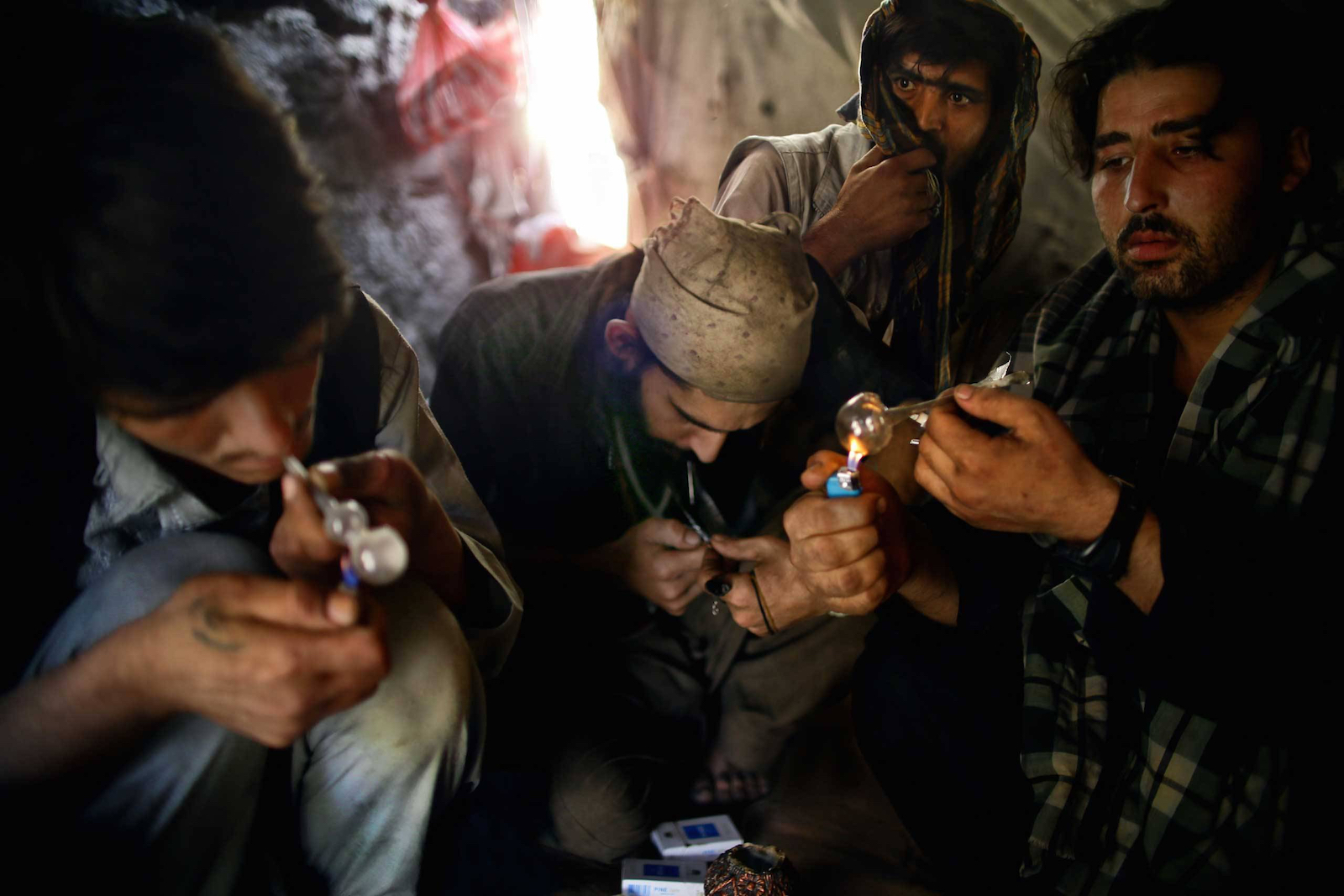
Health
The Drug Epidemic & Decriminalization
There are 70,000 to 100,000 individual deaths from opioid overdoses each year. It is estimated that there were 99,000 to 253,000 deaths from to illicit drug use in 2010 and 8,440 overdose deaths occurred in the EU28 in 2015. This is a clarion call for us to make the world safer for the next generations. What can we do?
One of the main global organizations for the health and wellness of the public is the World Health Organization. The main collective entity representing the world’s population, and which produced the Universal Declaration of Human Rights 70 years ago, is the United Nations. Both the World Health Organization and the United Nations issued a joint statement calling for the decriminalization of all drugs.
Former Portuguese Prime Minister António Guterres launched the decriminalization of drugs in Portugal. Today, Guterres is the Secretary-General of the United Nations and is also calling for decriminalization globally, as well. The late Kofi Annan also made a call for the decriminalization of drugs around the world as did the Global Commission on Drug Policy which is comprised of 12 powerful former heads of state.
In Canada, two of the three major federal or national political parties have also called for the decriminalization of drugs. The main health officials of some of the most populated city centres in Canada — Vancouver, Montreal, and Toronto — have called for decriminalization. The reason is stark, and clear. Canadian citizens are dying because of overdoses. The punishment-oriented or punitive approach is the methodology for dealing with drugs most visible in countries like the United States. They imprison and fine drug users or holders to make an example of them. The evidence indicates that these measures tend to increase drug use and overdoses, not decrease them. That is why the experts are not calling for more criminalization of drug users. It impacts the poor and minorities disproportionately.
But what is the alternative: harm reduction. Decriminalization is part of the process of implementing a harm reduction philosophy. There’s a wide range of policies, programs, and practices devoted to the reduction of harms associated with drug use. When HIV was becoming a pandemic, harm reduction began its early development processes. Some of the first beneficiaries were drug users who got high with needles. In Canadian society, we see the work of safe needle exchange sites to reduce the transmission of HIV and infectious diseases. Without a clean needle, HIV can spread from user to user through contaminated needles. Canadian health providers are also distributing a drug called naloxone, which can block the opioid receptors of the body, thus preventing opioid overdoses.
The criminalization of drugs is the problem. Illicit opioids are often laced with fentanyl, a deadly drug. Regulating fentanyl in opioids would save lives. In Portugal, there are no arrests for drug possession and more people have begun to receive treatment. As a direct result, the total number of people having addiction problems, HIV/AIDS, and drug overdoses have plummeted in Portugal.
Given the demographics of who is imprisoned or fined, the public health benefits would help to the most vulnerable members of society. They would receive treatment, while also avoiding being imprisoned from drug usage. This would do wonders to end the prison-industrial complex in the US, which disproportionately impacts minorities.
The next steps in the fight to end drug addiction will be education of the global public about the empirical benefits of decriminalization. We should work towards a national and international collective set of efforts to solve the issue of drug abuse and overdoses. Human beings have used drugs for thousands of years. We have the means to reduce the harm to those all over the world impacted by addiction, drug abuse, and overdoses.
The best part of these solutions is that they are typically low-cost, low-risk with a high-payoff. They respect the individual to make their own informed choices about drugs and provide the health services to the public. It respects all involved parties, produces real positive outcomes for the population, and works to create a more stable world for all.
Who can help work towards these goals? Our communities, policymakers and researchers, to name a few. Then, there are those heading out into the world as the next generation of educated workers and leaders. You are the future of the world. The problems of the drug epidemic are one of those grand challenges recognized by the most influential organizations and people in the world as a problem. Become a part of that future. We need you….

